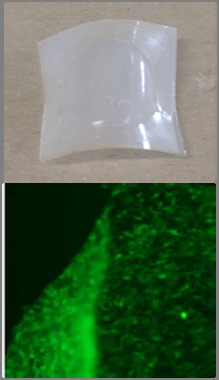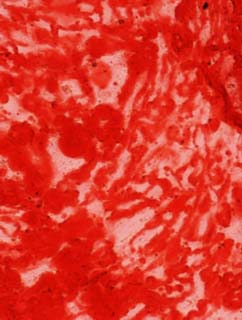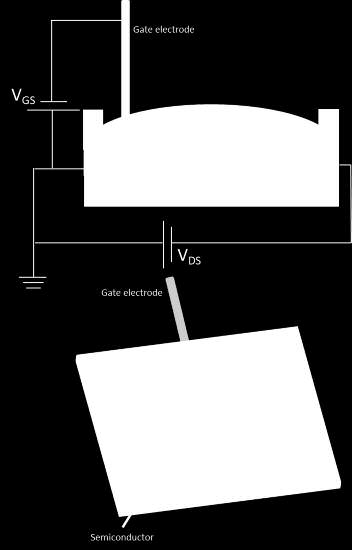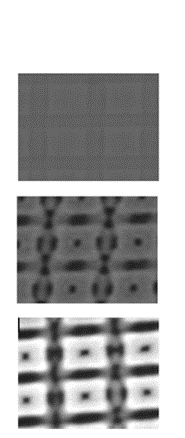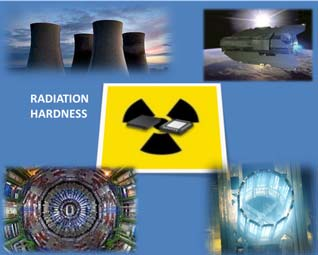Adhesion to hydrophobic surface without the need of treatments
Top: nylon coated with thermosensitive hydrogel. Bottom: cell monolayer being detached by temperature decrease In cellular biology, traditional methodologies involve the use of aggressive enzymes (most commonly trypsin) or cell scraping. The use of these techniques can damage the harvested cells. The use of thermosensitive systems based on poly-N-isopropylacrylamide (pNIPAm), capable of hosting cells to confluence and subsequent cell sheet detachment, represents a gentler and non-destructive mode of cell harvesting. However, these platforms are difficult to manufacture and economically expensive.
The kits developed by CSIC are obtained in a simple process and consist in a thermosensitive hydrogel (based in vinylcaprolactame) or a non- thermosensitive hydrogel (based in vinylpyrrolidone) beared to a rigid polymer substrate. The polymer substrate can be made of hydrophobic materials such as nylon, polystyrene or polycarbonate without the need of surface treatment. These kits have been successfully tested as support for cell culture (muscular, endothelial, skeletal and neural) allowing cell proliferation and/or differentiation. After hosting cells to confluence, a cell monolayer can be detached and transplanted into another surface.
Main innovations and advantages
· These kits can be obtained by a simple and industrially scalable method.
· Different types of substrates (e.g. Petri dish or polystyrene multiwellplates) can be used without the need of surface treatments.
· Hydrogel may be dried and rehydrated, which is advantageous in termsof storage under clean conditions and delivery.
· Monolayer cell detachment can be carried out by temperaturedecrease or by simple mechanical agitation.
· These kits have been successfully tested for common use in cellularbiology; however they can be used to manufacture more complexbiocompatible constructs by 3D printing or also as thermosensitivemechanical actuators.


